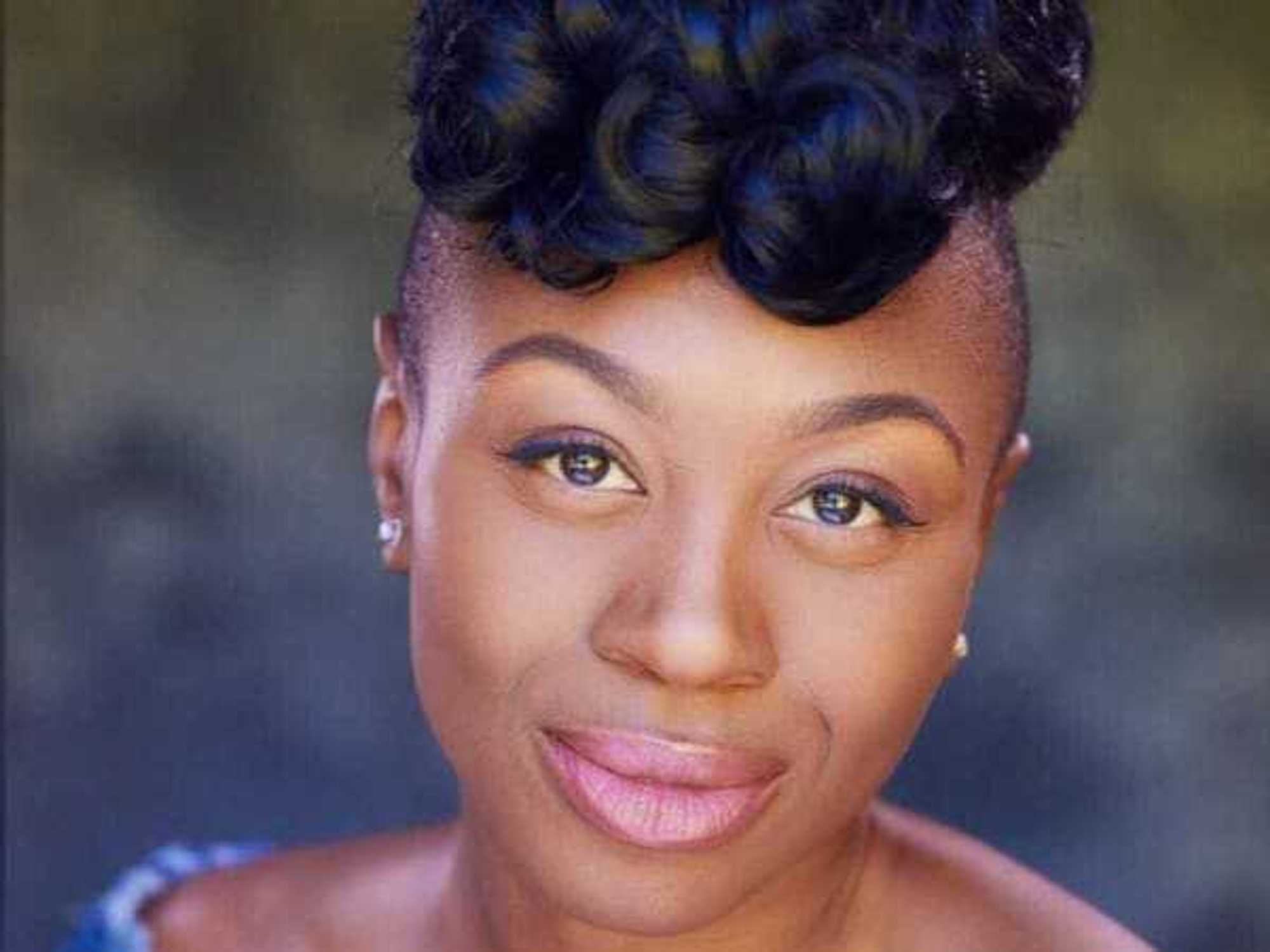Soprano spotlight
5 questions for hometown girl and Dallas Opera diva Laura Claycomb
 Soprano Laura Claycomb, 2012’s Maria Callas Debut Artist of the Year, performsat the Dallas Museum of Art October 7.Photo by Laurence Mullenders
Soprano Laura Claycomb, 2012’s Maria Callas Debut Artist of the Year, performsat the Dallas Museum of Art October 7.Photo by Laurence Mullenders Claycomb in Rigoletto.
Claycomb in Rigoletto.
Before her October 7 afternoon recital at Dallas Museum of Art’s Horchow Auditorium, opera star Laura Claycomb had to see the dentist. She lives in Italy now, but the Highland Park High School and SMU grad still gets her teeth cleaned in Dallas. (She was also visiting her parents.)
Claycomb, who wowed audiences and critics last year in Dallas Opera’s Rigoletto (watch her sing that opera’s “Caro Nome” aria) and was named 2012’s Maria Callas Debut Artist of the Year, opened her mouth again to answer five questions for us.
CultureMap: “Recital” sounds so old-fashioned. Why not “concert”?
Laura Claycomb: I should just say “in concert with piano.” The whole word “recital” sounds like I’m going to recite poems or something. But a recital is a great way to introduce yourself to opera. It’s like a mini-opera in every song. Not only do you get this person singing acoustically with no microphones, you’re sitting close to them. You don’t have to look at me with binoculars. It’s just me and the piano. It’s a journey through a lot of songs with your favorite singer.
“Something opera newbies may not know is that there are no microphones. In opera you hear these voices that are powerful enough to be heard over a 60-piece orchestra.”
CM: What’s a good opera to start with for the opera newcomer?
LC: Rigoletto, which I sang last year, is a good one. La Bohême is always the classic. Italian opera is an easy way to get in. They’re not that long. They’re very emotional and to the point. They tend to be accessible. Some people go to Wagner, five-hour-long operas. Who knows? You never know what’s gonna hit somebody. Another good starter opera is one Dallas Opera is opening its season with: Aida. That’s pretty impressive and has a great cast. I saw the world premiere of The Aspern Papers, and that’s a beautiful opera. That’s nice because it’s in English. [It’s also on the Dallas Opera season.]
Something opera newbies may not know is that there are no microphones. We’re not miked. The orchestra isn’t miked. It’s all using our natural resonance. That’s the most impressive thing. In opera you hear these voices that are powerful enough to be heard over a 60-piece orchestra.
CM: What are the most annoying audience behaviors at the opera?
LC: Fair Park Music Hall [Dallas Opera’s former home before moving to the Winspear Opera House] was famous for having coughers. A friend, opera singer Mary Mills, also from Dallas, now in Germany, said there’s a famous Wagner opera, maybe Siegfried, that they were doing at Fair Park and there was some point in the opera where one person kept coughing and coughing. Finally the tenor, in the middle of an aria, stopped singing and shouted, “Can you please stop that!” There was something in there that obviously bugged people’s throats.
And now all these slow lozenge openers. Just get it over with and open the damn thing. An acoustician did a test — it’s the same amount of noise if you do it slowly as if you do it quickly.
CM: What music do you listen to in real life?
LC: I don’t listen to much music. Period. When I’m not working, I like to listen to silence. I’m always surrounded by music, and I find that it’s so often used as background, like a soundtrack to your life. I’d much rather listen actively to music. Unless I’m going to sit down and listen to something, I don’t like to have music on.
CM: When opera singers get together offstage, what do they talk about?
LC: The conversation usually turns to mucous or sex. Or sometimes both, which is not the greatest thing to put together. Those are the big topics.
Soprano Laura Claycomb will star next in Bellini’s La Sonnambula at Moscow’s Bolshoi Ballet and Opera Theatre.
For her DMA recital (October 7, 2 pm), she’ll be accompanied by pianist Keith Weber. On the program are some of Claycomb’s personal favorites, including Francis Poulenc’s 1939 song cycle “Fiançailles pour rire” with poetry by Louise de Vilmorin; Richard Strauss’ “Brentano Lieder, Op. 68,” a vocal showcase with texts by poet Clemens Brentano; and Olivier Messiaen’s “Chant de terre et de ciel” (“Songs of Earth and Sky”).
Tickets are $25 (which includes admission to the museum) and may be purchased at dallasopera.org or by calling 214-443-1000.
